Why Do Babies Rub Their Eyes?
As a parent or caregiver, you’ve probably noticed your baby rubbing their eyes, and while it may seem like a simple gesture, it carries more meaning than you might think. Babies are unable to verbalize their needs, so they use actions to communicate. Eye rubbing is one of those actions that can provide valuable insight into how your baby is feeling, whether it’s a sign of fatigue, discomfort, or just curiosity.
In this article, we will explore the various reasons behind this behavior, what it might indicate about your baby’s state of mind or health, and how you can best respond to ensure their comfort and well-being. We’ll also look at some potential side effects of excessive eye rubbing and offer tips on how to prevent or minimize it.
Understanding the Basics: Why Do Babies Rub Their Eyes?
Babies rub their eyes for several reasons. It could be a sign that they’re tired and ready for sleep, an indication that something is irritating their eyes, or just a way of exploring their own bodies. Let’s delve deeper into each of these reasons.
1. Fatigue: A Clear Signal for Sleep
One of the most common reasons babies rub their eyes is due to fatigue. When a baby is tired, rubbing their eyes is a natural response, much like yawning or stretching. It’s their way of trying to soothe themselves to sleep.
Why Does Eye Rubbing Occur When Babies Are Tired?
When babies (and even adults) get tired, their bodies start to produce melatonin, a hormone that helps regulate sleep. Melatonin causes drowsiness and signals to the body that it’s time to rest. Rubbing the eyes may help relieve the discomfort that sometimes comes with the onset of sleepiness, such as dry eyes or a slight feeling of pressure behind the eyes.
Common Signs of Fatigue in Babies:
- Yawning: Often the first sign that your baby is getting sleepy.
- Reduced Activity: A tired baby might lose interest in toys or playtime and become more withdrawn.
- Fussiness: Babies often get cranky when they’re tired because they find it harder to cope with stimulation.
- Eye Rubbing: Typically, eye rubbing is a late sign of fatigue and indicates that your baby is ready for sleep.
How Can You Respond?
If you notice your baby rubbing their eyes, it’s a good indicator that they need rest. Start preparing for nap time or bedtime by creating a calm and soothing environment. Dim the lights, reduce noise, and engage in quiet activities like reading or singing a lullaby. This will help your baby relax and prepare for sleep.
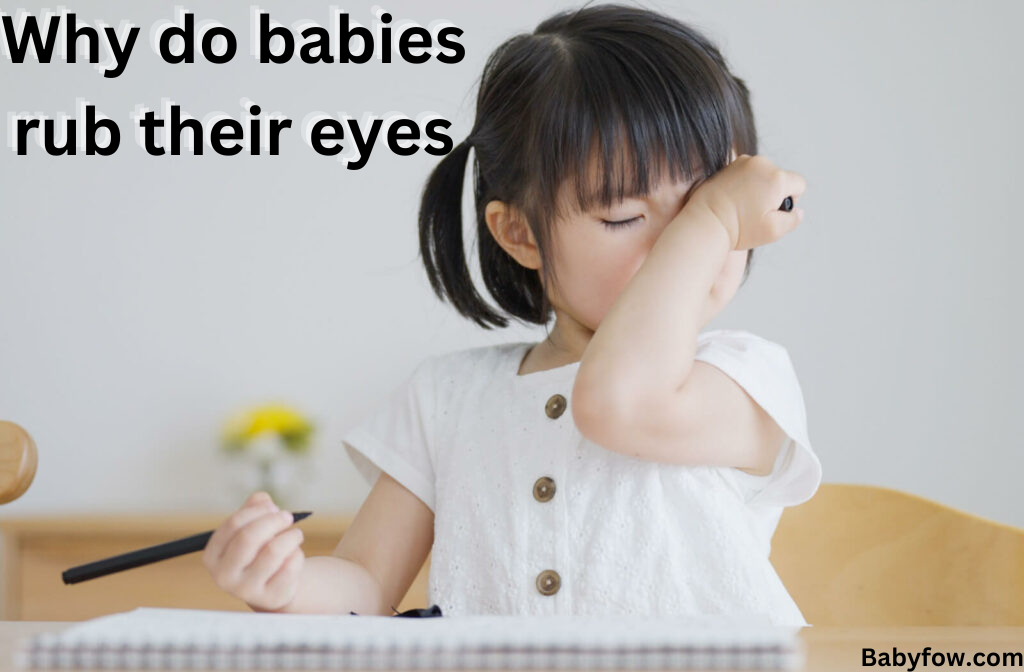
2. Eye Irritation: An Uncomfortable Sensation
Sometimes, eye rubbing is a response to irritation. Babies’ eyes are sensitive, and any small irritant can cause discomfort, leading them to rub their eyes in an attempt to alleviate the sensation.
What Causes Eye Irritation?
- Dry Air: If the air in your home is dry, it can cause your baby’s eyes to become dry and uncomfortable.
- Foreign Objects: Tiny particles like dust, a loose eyelash, or even pet hair can get into your baby’s eye, causing irritation.
- Allergies: Allergens such as pollen, dust mites, or pet dander can make your baby’s eyes itchy and uncomfortable.
How to Address Eye Irritation:
- Inspect Your Baby’s Eyes: Gently examine your baby’s eyes for any visible irritants. If you notice something, you can try to remove it with a clean, damp cloth.
- Use a Humidifier: If dry air is the problem, adding moisture to the air with a humidifier can help relieve dryness and prevent further irritation.
- Manage Allergies: If you suspect allergies, keep your home as dust-free as possible, wash bedding regularly, and consult your pediatrician for advice on managing your baby’s symptoms.
3. Exploration: A Part of Learning
Babies are naturally curious and are constantly exploring their surroundings and their own bodies. Rubbing their eyes might be just another way for them to discover and understand the sensations they experience.
Why Do Babies Explore This Way?
During the early months, babies are learning about their bodies and how they function. Rubbing their eyes provides sensory feedback that helps them understand what different parts of their body feel like. It’s also part of their process of learning cause and effect—when they rub their eyes, they feel something different, which can be intriguing for them.
Encouraging Safe Exploration:
- Keep Nails Trimmed: To prevent accidental scratches, make sure your baby’s nails are always trimmed short.
- Provide Sensory Toys: Offer toys that engage your baby’s sense of touch, such as soft stuffed animals or toys with different textures, to keep their hands busy and stimulate their development.
4. Self-Soothing: A Comfort Mechanism
Just as some babies suck their thumbs or hold a blanket for comfort, others might rub their eyes as a way to self-soothe. This behavior is especially common when babies are feeling overwhelmed, anxious, or tired.
Why Do Babies Use Eye Rubbing for Self-Soothing?
Rubbing the eyes can create a sense of relief or comfort, especially when a baby is overstimulated or tired. The act of rubbing may help them relax, providing a calming sensation that helps them cope with their emotions or the need for rest.
How to Support Self-Soothing:
- Create a Calm Environment: If you notice your baby rubbing their eyes frequently, especially during stressful situations, try to create a quiet and comforting space for them.
- Establish a Consistent Routine: Babies thrive on routine. Having a regular sleep schedule and bedtime routine can help your baby feel secure and reduce the need for self-soothing behaviors like eye rubbing.
READ MORE :
Exploring the Book: “Baby Feet Foot Peel”
Potential Side Effects of Excessive Eye Rubbing
While occasional eye rubbing is usually harmless, excessive rubbing can lead to a few potential side effects. It’s important to be aware of these so you can take steps to prevent them.
1. Eye Infections
Excessive rubbing can introduce bacteria from your baby’s hands into their eyes, increasing the risk of infections such as conjunctivitis (pink eye).
What is Conjunctivitis?
Conjunctivitis is an infection or inflammation of the conjunctiva, the thin, transparent layer of tissue that lines the white part of the eye and the inside of the eyelids. It can be caused by bacteria, viruses, or allergens.
Symptoms to Watch For:
- Redness in the white part of the eyes
- Swelling of the eyelids
- Discharge that may cause the eyelids to stick together
- Increased tearing
How to Prevent and Treat Eye Infections:
- Keep Hands Clean: Regularly wash your baby’s hands with mild soap and water to reduce the risk of introducing bacteria into their eyes.
- Avoid Touching the Eyes: Try to gently discourage your baby from rubbing their eyes too much.
- Consult Your Pediatrician: If you notice any signs of an eye infection, such as redness, swelling, or discharge, contact your pediatrician for advice. They may prescribe antibiotic eye drops if the infection is bacterial.
2. Scratched Cornea (Corneal Abrasion)
Another potential risk of excessive eye rubbing is a scratched cornea, also known as a corneal abrasion. The cornea is the clear, dome-shaped surface that covers the front of the eye, and it’s very sensitive. Even a small scratch can be painful and lead to further complications.
How Does Rubbing Cause a Corneal Abrasion?
If your baby rubs their eyes with dirty or sharp objects (like a toy or their fingernails), it can scratch the cornea. This condition usually heals on its own, but in some cases, it might require medical attention.
Symptoms of a Scratched Cornea:
- Redness and tearing
- Sensitivity to light
- A feeling that something is in the eye
- Fussiness or discomfort in your baby
How to Prevent Corneal Abrasions:
- Keep Nails Trimmed: Regularly trim your baby’s nails to prevent accidental scratches.
- Monitor Playtime: Ensure that toys your baby plays with are safe and free from sharp edges.
- Seek Medical Advice: If you suspect your baby has scratched their cornea, it’s important to see a doctor to prevent infection or other complications.
3. Skin Irritation and Rashes
The delicate skin around a baby’s eyes can become irritated from frequent rubbing, leading to rashes or chafing. Babies have very sensitive skin, and excessive rubbing can cause the area around the eyes to become red, inflamed, or even develop tiny cracks in the skin.
What Causes Skin Irritation?
The friction from rubbing, combined with the moisture from tears or saliva, can lead to irritation. This is especially true if your baby’s skin is already dry or sensitive.
Preventing and Treating Skin Irritation:
- Moisturize the Skin: Use a gentle, baby-safe moisturizer to keep the skin around your baby’s eyes soft and hydrated.
- Avoid Irritants: Choose products that are free from fragrances, dyes, and other potential irritants that can exacerbate skin irritation.
- Consult Your Doctor: If the skin irritation doesn’t improve, or if you notice signs of infection, such as swelling or oozing, it’s important to consult a healthcare professional.
When to Be Concerned: Signs That Require Medical Attention
While eye rubbing is often harmless, there are certain situations where it could indicate a more serious issue. Here are some signs that you should watch for and what they might mean.
1. Persistent Rubbing with Other Symptoms
If your baby is rubbing their eyes constantly and it’s accompanied by other symptoms, such as redness, discharge, or swelling, it could be a sign of an eye infection or other eye-related issue that needs medical attention.
2. Eye Misalignment or Poor Eye Tracking
If you notice that your baby’s eyes seem to be misaligned (one eye looks in a different direction than the other) or they have difficulty tracking objects with their eyes, it could indicate an underlying vision problem. In such cases, you should consult an eye specialist.
3. Frequent Eye Rubbing Despite Addressing Fatigue or Irritation
If you’ve ruled out fatigue, irritation, and the need for exploration, and your baby is still rubbing their eyes frequently, it’s worth mentioning to your pediatrician. There may be other underlying causes that need to be addressed.
Conclusion
Eye rubbing in babies is a common and usually harmless behavior. It can signal a range of things from tiredness to minor eye irritation, or simply be part of your baby’s way of exploring their body. By understanding the reasons behind eye rubbing, you can better respond to your baby’s needs and ensure their comfort and well-being.
However, it’s important to stay vigilant for any signs that might indicate a more serious issue, such as persistent rubbing with other symptoms or signs of an eye infection. If you’re ever in doubt, it’s always best to consult with your pediatrician to ensure your baby’s eye health is well-managed.
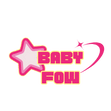
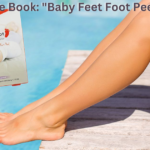

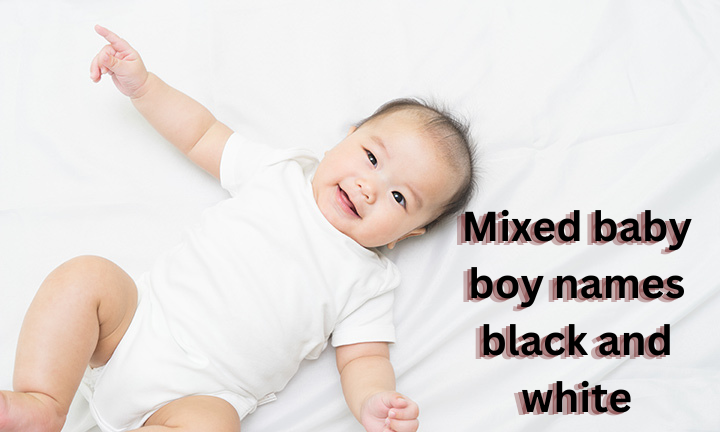
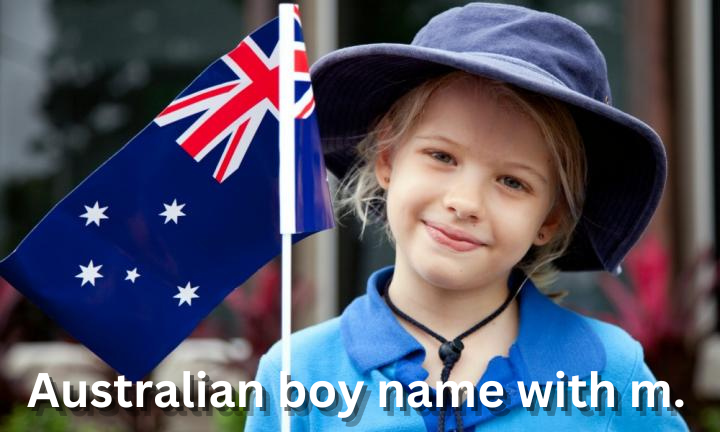
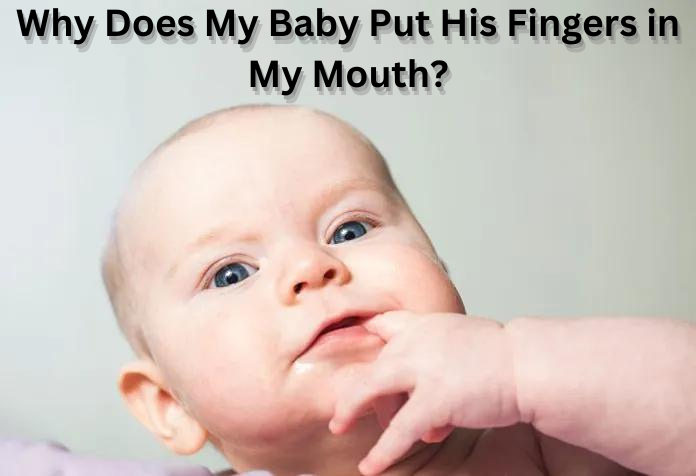
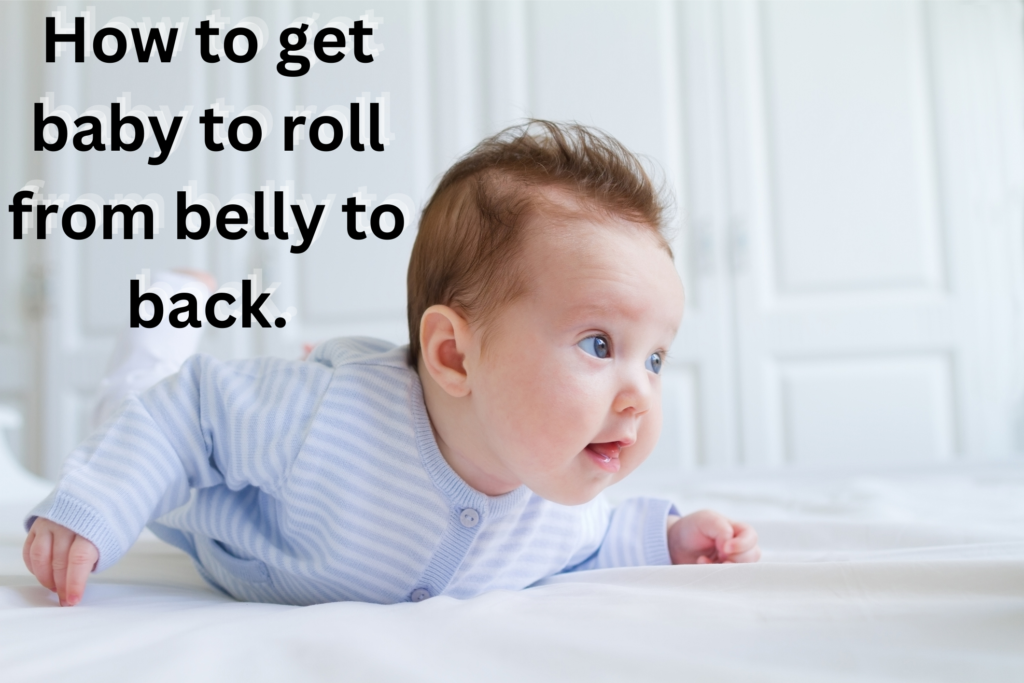

Pingback: How To Get Baby To Roll From Belly To Back. - Babyfow.com